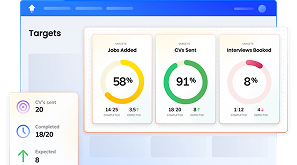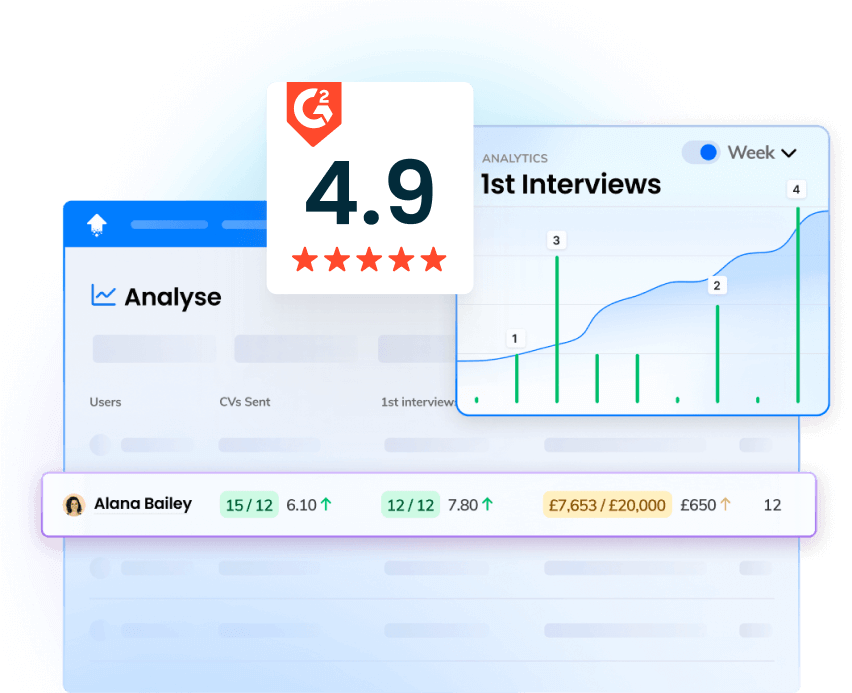Ah, open offices. A marvel of the modern working world. Open space as far as the eye can see, filled with productive, communicating employees who are no longer hindered by the cubicle-style offices depicted in the first The Matrix film.
It’s no surprise that some companies (especially startups) list an “open office space” in the perks they offer. However, it's important that organisations reflect on the nature of their business and the structure of their various teams, and work hard to tailor the optimum working environments for best performance accordingly.
After all, one size certainly does not fit all. As a developer, I don’t get the appeal of open offices. As a salesperson, I do.
 Facebook’s shiny “open” headquarters
Facebook’s shiny “open” headquarters
Like most developers, I enjoy throwing my headphones on, blasting out some music and “getting in the zone” to produce marvellous code that’s going to change the world (or so I like to tell myself).
It doesn’t make sense to threaten the flow developers get into with constant interruptions, peering eyeballs from across the room, and the feeling of permanent surveillance.
Most of us are introverts by nature, and funnily enough if we can’t get into our zone, we’re not going to be as productive as if we could.
This is why a growing number of tech organisations are turning to remote working. Staff can find an environment that suits them and as long as you’ve hired someone you can trust, you know they’ll deliver results. Opposition to open offices is growing and the proposals to replace them are certainly interesting.

The real grey area in this whole conversation is where sales floors fit into this new era of office spaces.
We’ve believed for a long time that salespeople are primarily motivated by three things: money, competition, and recognition. You could argue that all of these things can be delivered remotely or to cubicle’s in a Matrix-esque office, but for the extroverted salesperson, is that enough?
You Can't Beat What You Can't See
Sadly, humans haven’t yet developed the ability to see through walls; a closed plan office would require some creative thinking to ensure the competitive whiteboards of old are fully visible to every salesperson.
In an industry dependent on team motivation for maximum productivity, it doesn’t make sense to close salespeople off from one another. Seeing that your coworker just closed a sweet deal and hit his target for the quarter should motivate you to strive for it too (“if they can do it, I can too”). Of course, in some individuals it has the inverse effect, but sales is an unforgiving role; it’s down to you how you perceive it.
In roles with a slower sales cycle, where the role is more value-centric than volume-centric, you could probably get away with a more closed-off space. KPIs aren’t as prominent and the mood isn’t as high energy as you’d expect in your Wolf of Wall Street style office.
Overwhelmingly, open offices are much more beneficial to sales teams.
Recognition for All

Competition drives salespeople, but being appreciated at work is becoming evermore important. With an influx of younger staff still trying to find their way in the world, assurances that they’re doing a good job can lead to them finding their stride and the results fly in. Good luck doing that in a closed space.
Open offices enable whiteboards or sales motivation tools (often TV-based) to reach the entire sales floor. A deal celebration being visible to everyone and the applause or cheers from peers can really help you feel recognised. In a more enclosed space? Maybe from the 2-3 folks that can actually see what you’re doing.
Real Collaboration

One key criticism of open offices is the constant invasion of privacy. You can be seen from anywhere, your peers can interrupt you at any time, and the noise can majorly distract employees from doing the job they’re there to do.
For salespeople, is this really such a bad thing?
Seeing a coworker smashing the phones like a demon possessed can inspire you to try and do the same. It creates a real “social responsibility” within the team, both to yourself and to others. Equally if someone is in a rut, a bit of encouragement on your way to the coffee machine can be what they need to get back into their groove.
We can sympathise with the second point of being interrupted at any time. You’re on a roll and John swings around for his seemingly hourly 5m chat about nothing. This can be damaging to productivity, but if the conversations are collaborative, can be highly useful. It feels a lot less like an invasion of personal space too, something you may feel if someone were to step into your cubicle.
As for the noise – assuming it’s not deafening, it’s a good thing! If you can soak up the energy and immerse yourself in the environment, it has the same effect as the first point – inspiration. For management it keeps everyone bought into the same “sell, sell, sell” mindset which is frowned upon by some, but your job is to make money; anything that helps you do that, take it.
Keep an Open Mind
Whichever way you decide to structure your organisation, and whether you decide to stay "in-office" or "remote", it's an important decision that will need to be made with care and consideration. Ultimately, open office spaces aren't going anywhere, given their cost efficiency and effect on some teams - especially sales-based ones. If your floor isn’t open, we’d love to hear the thinking behind it.
OneUp Sales - building high performance sales teams by increasing productivity, retaining talent, and empowering management across your organisation. Learn more about our platform and explore what it could do for you.
















